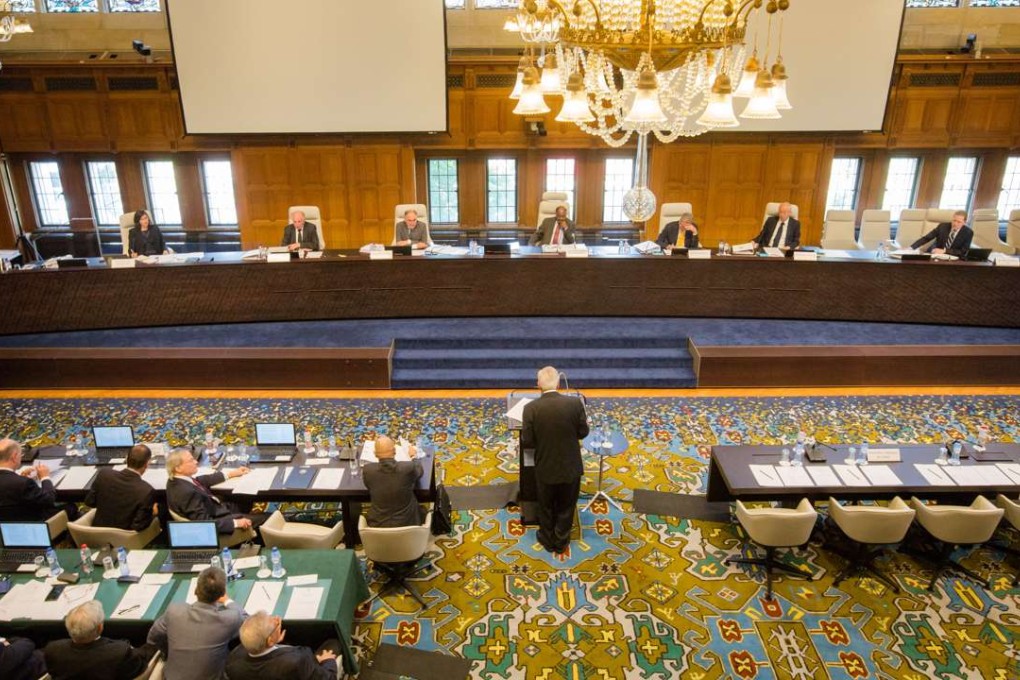Is Beijing courting disaster by shunning South China Sea tribunal?
Analysts warn that China’s international image and reputation are at stake

Speaking your mind at seminars organised by Beijing to discuss competing claims in the South China Sea won’t see you invited back, something a leading mainland international law scholar discovered three months ago.
The meeting, sponsored by a government-linked think tank, was aimed at mobilising legal support to help deal with a contentious international arbitration case the Philippines brought against China over their competing claims. A senior foreign ministry official told a group of law and international relations experts at the seminar that the government was open to all kinds of suggestions.
The repeated resort to shrill rhetoric ... only reinforces the general impression that China is a sore loser
The scholar wasted no time in raising his dissenting voice.
“I said it was already a dead end to expect to win the case through legal action because there’s little room to manoeuvre thanks to the government’s posture of rejecting the tribunal’s authority over the case,” he recalled. “As a legal professional, all I can say is if you refuse to appear [before a court], you’ll stand little chance of winning.”
The scholar, who requested anonymity, citing fear of repercussions, went on to suggest the government should instead start making plans for the possible aftermath of an unfavourable judgement by the Permanent Court of Arbitration, expected within weeks.
It was the last time he was invited to such a meeting.